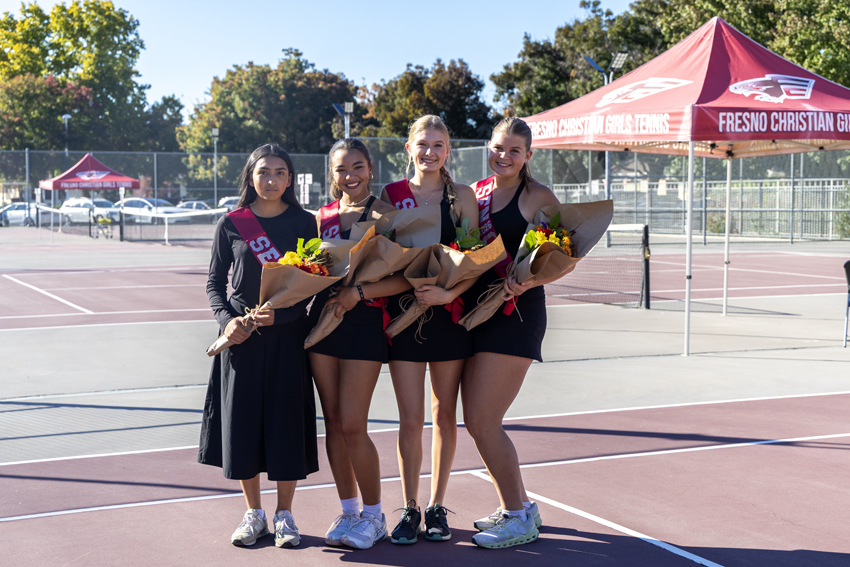?I hate you; you just don?t understand!? How often such outbursts sever the chord of communication between parents and children.
Many teens believe the adult perspective is outdated or inapplicable when dealing with friends, movies, music and clothes. Yet, 70% of adolescents mirror their parents? political party affiliation, according to Erin O’Donnell’s article, Twigs Bent Left or Right.
Although teens voice opinions on TV shows and restaurants, among other ?imperative? things, politics take secondary importance, if any. The absence of opinion in economy and world events reflect a juvenile mindset, often still mirroring parental dependence.
Parents may even believe their teen is not yet ready for autonomous thought and restrict their independent thinking. Although many will soon face college and life without constant supervision, parents want reassurance that their child will act responsibly with their independence and are capable to think for them self.
According to Dr. Kathleen Boyce Rodgers? publication article, “What to Know about Teen Independence”, young people demand responsibility, but often remain ignorant as to what that requires. Many families debate such demands, while teens assume these feuds result in more independence.
In order for adolescents to gain “freedom”, they first must prove self-reliance through forming personal opinions. As 2008 is an election year, many seniors will be expected to contribute their views since many will turn 18 during the spring semester.
Despite growing desire for distance, cutting parental advice cold-turkey may result in confusion. Only a couple of years ago, these same “adults” who prepare to manage college, jobs and bills, obsessed over boy bands and tetherball. Areas still exist where the teen mindset requires mentoring to formulate a mature outlook.
In O’Donnell’s 20-year survey, she found teens drifted away from their parents? views on a number of issues, including the rate of political preference. As teens matured and personal opinions changed, nearly 10% more adolescents opposed their parental views (70%-61%).
With the onslaught of responsibilities in the “real world”, teens expect instant wisdom despite limited experience. This election year presents an opportunity for upperclassmen to explore the ramifications of party-line affiliation while a variety of mentors are readily available.






